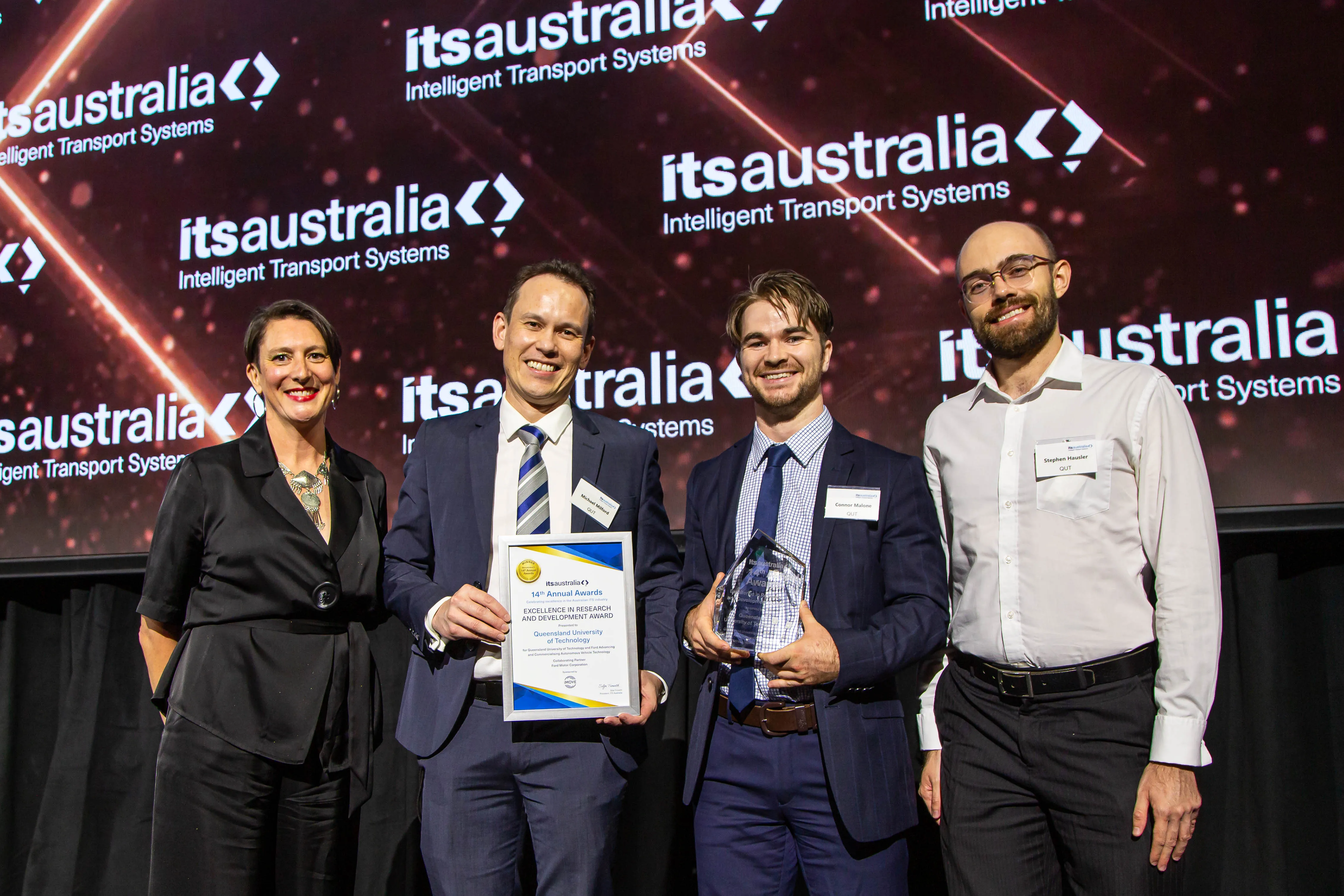Integrating intelligent transport systems (ITS) into South Australia was the focus of a recent
South Australia is supporting technological innovations to create safer and more efficient transport systems by adopting connected vehicles and infrastructure.
Adelaide motorists already have the opportunity to use a number of innovations to enhance their journeys. The creation of an app to advise road users of delays on the road was recently launched by Mullighan. The hands-free system was developed in-house by the Department of Planning, Transport and Infrastructure (DPTI), utilising Bluetooth receivers which monitor Adelaide’s road network.
“When some people think of intelligent transport systems, they just think of driverless cars, but there’s so much more happening in this space,” Mullighan said. “We are proud to be the first Australian state to test automated vehicles on its roads and now we are pushing forward with a number of initiatives to connect these vehicles with infrastructure, other transport modes and technologies, while collecting and analysing data.
Susan Harris, CEO of ITS Australia, told the audience that last year’s autonomous vehicle trial in South Australia created global interest in Australia’s ITS capability. She said that many of the delegates for the ITS World Congress in Melbourne later this year have said that the Adelaide trial put Australia on the map as a centre for autonomous and connected technology
“Having driverless cars on the Southern Expressway in November 2015 raised awareness of Australia’s investment in mobility, transportation and infrastructure technologies and its collaborations with governments, business and industry on a number of projects,” she said.
Autonomous vehicle trial continues to fuel South Australia drive for ITS
Integrating intelligent transport systems (ITS) into South Australia was the focus of a recent ITS Australia showcase event, when a full house heard presentations from Minister Stephen Mullighan, Minister for Transport and Infrastructure, and ITS leaders. South Australia is supporting technological innovations to create safer and more efficient transport systems by adopting connected vehicles and infrastructure.
May 6, 2016
Read time: 2 mins







